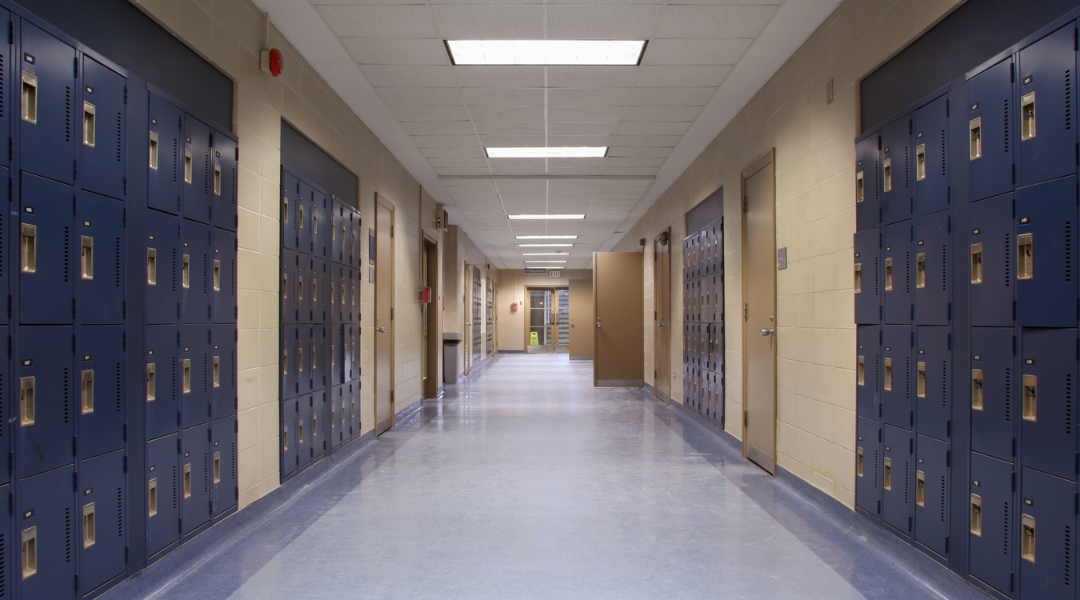Why we must be worried about kids returning to schools and about how well are our schools equipped to respond to crisis events?
The psychological, emotional and social health ramifications associated with the pandemic lockdowns have been significant and will take years to measure. Numerous studies have attempted to gauge the well-being of various age groups, with the most dramatic impact on children and young adults, who are more likely to develop PTSD, anxiety, depression and other symptoms of distress.
Unfortunately, the social distancing and heightened security measures have negatively affected relationships among people and their perception of empathy toward others. In general, parents are observing emotional and behavioral changes in their children and detecting symptoms and side effects as to difficulty concentrating, irritability, nervousness, sense of loneliness and uneasiness, just to name a few.
Remote work and online education, which became increasingly common due to quarantine, have led to an increase in domestic violence. Contributing factors include economic stress, disaster-related instability, exploitive relationships and reduced support options. Many students missing out or no longer have access to the critical mental-health services which were available to those in need before pandemic. The emotional and physical abuse these children endure can result in emotional trauma and cause psychological barriers to learning and often disruptive behaviors in schools, including bullying, aggression and risk-seeking behaviors. According to L1ght, an organization that monitors online harassment and hate speech, cyberbullying has increased 70% over the past few month.
We may not yet fully understand the pandemic’s long-term effects on our children, but we can surely make a connection with the motives and factors behind violence at schools and the cause of school shootings. Unfortunately, history has shown that factors such as bullying, persecution and revenge combined with family dysfunction, lack of supervision, access to firearms and mental illness has been the catalyst for countess acts of school violence. This notion is disturbing, overwhelming and scary, because history proves such events will occur and we must proactively address these issues and be prepared for the worst.

